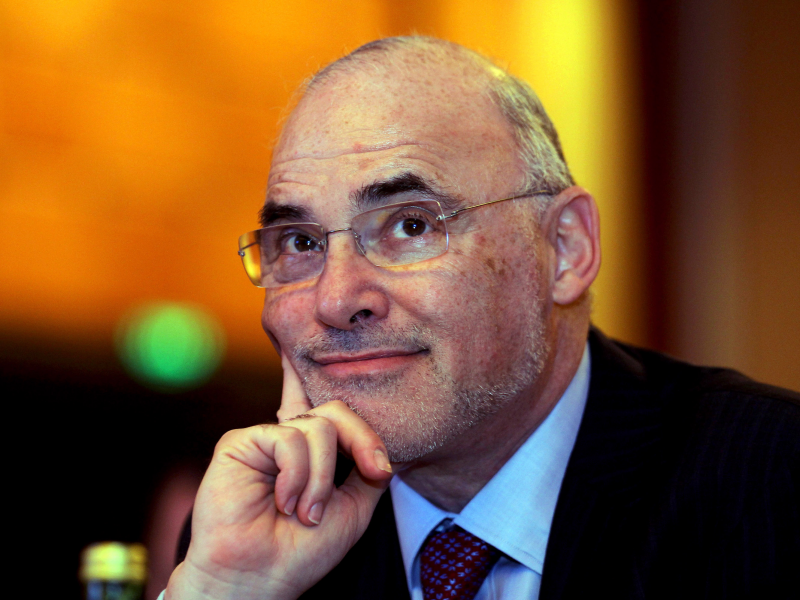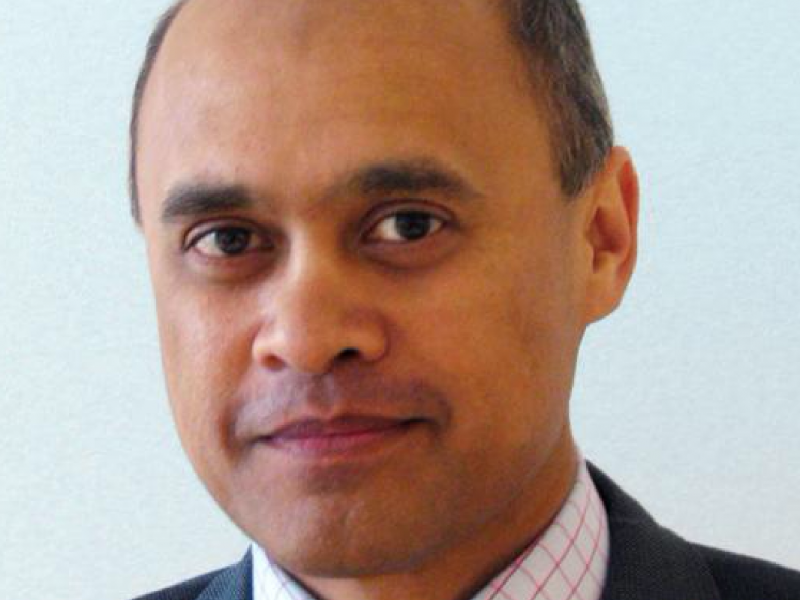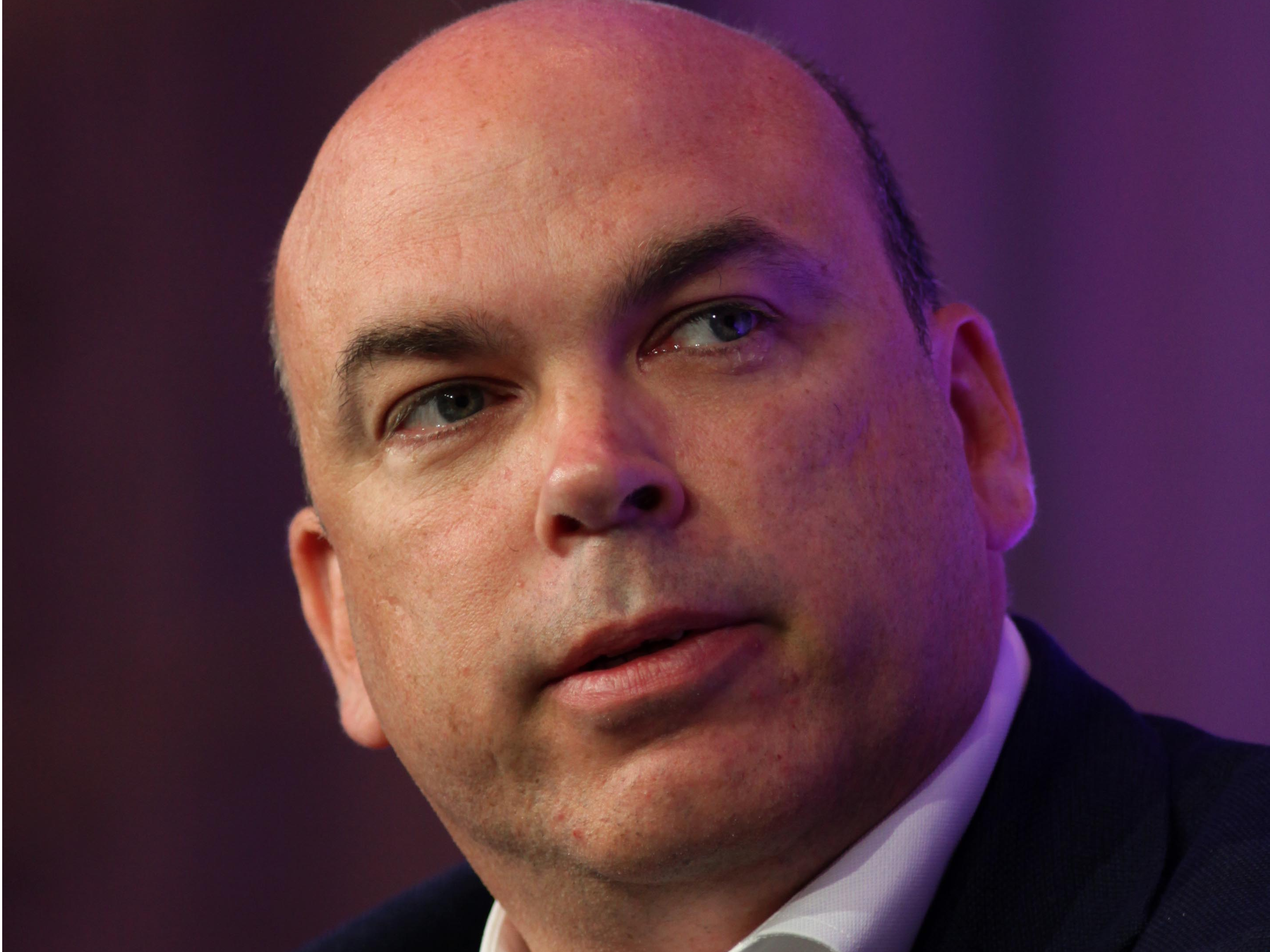- Hewlett-Packard’s explosive $5.1 billion lawsuit against former executives at the software company Autonomy kicks off Monday in London’s High Court.
- The Silicon Valley firm acquired Autonomy for $11 billion in 2011 but subsequently wrote off $8.8 billion worth of its value.
- HP has accused Autonomy’s former CEO Mike Lynch and former chief financial officer Sushovan Hussain of fraud and overstating Autonomy’s value.
- Lynch and Hussain deny the claims, with Lynch countersuing for $150 million.
- Lynch was separately hit with criminal charges in the US, while Hussain has already been convicted of fraud.
After nearly eight years of acrimony, HP and a founder of the software company Autonomy on Monday are finally heading for their $5.1 billion legal showdown.
In a court battle expected to last as long as nine months and include explosive testimony from key players who have said little or nothing publicly about the case, HP’s 2011 $11 billion acquisition of Mike Lynch’s enterprise software business Autonomy will undergo a forensic examination.
HP has accused Lynch and Sushovan Hussain, the former Autonomy chief financial officer, of fraud and overstating the company’s value. Lynch and Sushovan deny the claims, with Lynch countersuing for $150 million.

The original Silicon Valley company, HP was a giant of enterprise and computing software. But tech started to change, and by 2011 software was "eating the world," as the venture capitalist Marc Andreessen put it at the time.
Leo Apotheker, an executive from the German software maker SAP, was appointed to run HP in late 2010, and the Autonomy acquisition was the centerpiece of his strategy to turn HP into a software giant. It didn't pan out, and Apotheker was fired even as the deal closed.
Meg Whitman, the former eBay CEO, took over the top job in late 2011. A year later, HP's stock hovered at about $15 and the firm wrote off $8.8 billion worth of the Autonomy acquisition.
In 2015, HP filed a claim in London's High Court against Lynch and Hussain. The trial begins Monday.
HP alleges that Lynch and Hussain conspired to cook Autonomy's books, resulting in HP overpaying for the firm by $5 billion. It claims the pair were "engaged in fraudulent activities while executives at Autonomy" and were responsible for "serious accounting improprieties, disclosure failures, and outright misrepresentations."
Lynch and Hussain deny the allegations, and Lynch is countersuing for $150 million over what he says is reputational damage. They blamed any lost value on HP's management of Autonomy after the acquisition.
Complicating the London proceedings is the fact that the US Department of Justice filed a criminal indictment against Lynch in November, charging the entrepreneur with fraud. Lynch has not traveled to the US for the proceedings and may face extradition.
The US on Friday added new criminal charges to its indictment, one of which carries a maximum prison term of 25 years. Lynch did not immediately respond to the new charges, but the timing will only intensify the pressure Monday.

The US has also already found Hussain guilty of fraud, convicting him on 16 counts of wire and securities fraud. Hussain's sentencing has been postponed, and his bail conditions prevent him from leaving the US. Though it's a separate criminal trial, the guilty verdict could bolster HP's case as it heads to court.
According to court filings from HP seen by Business Insider, Hussain intends to participate in the London trial. It isn't clear whether he may participate via video link. HP has argued that Hussain should give evidence earlier than planned, in case his sentence, when it comes, results in his imprisonment.
Another complication has been Christopher "Stouffer" Egan, the former CEO of Autonomy's US operations. Egan entered into an agreement with US prosecutors in 2017 that saw him become a cooperating witness and admitting to some wrongdoing.
Egan was to be HP's star witness in the London trial, but, The Register reported, he was not keen to give evidence after his US legal ordeal.
Business Insider now understands, however, that Egan could give evidence at the London trial. Lynch and other key personalities from HP's history are also expected to be called to give evidence. That includes Apotheker, the former HP CEO who oversaw the deal, and his successor Whitman.
"HPE does not wish to comment on an ongoing legal matter at this time," a spokesman for HP said.
A spokesman for Lynch said: "Mike Lynch is pleased to finally have the opportunity to respond in court to HP's accusations. There was no fraud at Autonomy. Rather, this is a case that distills down to a dispute over differences between UK and US accounting systems and will focus on the appropriate exercise of business judgments made in a particular context and time with the full knowledge and approval of numerous financial and technical experts and advisers.
"The real story is that HP, after a history of failed acquisitions, botched the purchase of Autonomy and destroyed the company, seeking to blame others. Mike will not be a scapegoat for their failures."

